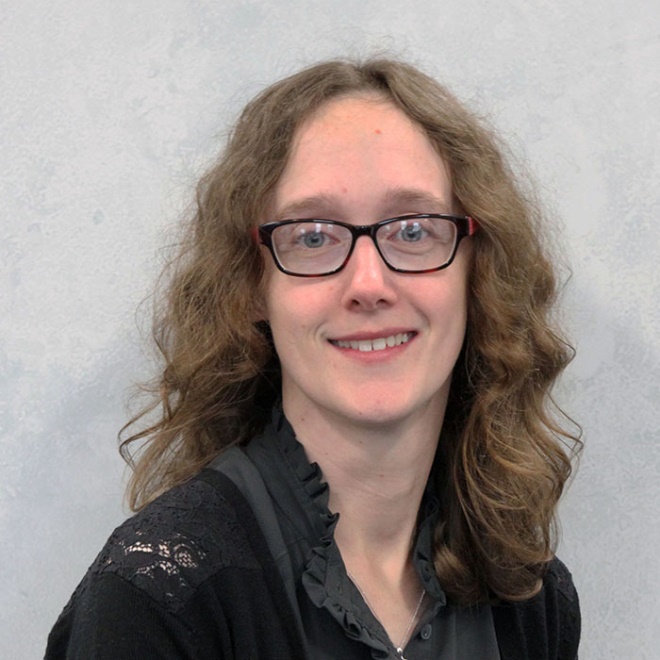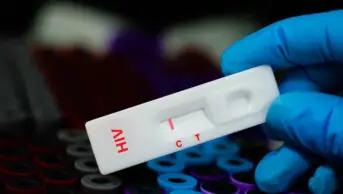
Shutterstock.com
Summer placements for pharmacy students used to be hotly contested. In 2016, the British Pharmaceutical Students’ Association (BPSA) even published my hints and tips on applying for and undertaking these coveted places. They were particularly sought after by third-year pharmacy students, who would be keen to gain experience ahead of their applications for preregistration places, but who were also hoping to make a lasting impression on prospective employers.
However, during my hospital role as lead pharmacist for education and training — and through discussions with other providers across the sectors — there seems to have been a sharp decline in the number of applications for voluntary summer placements in England. In my small teaching hospital alone, we have seen an 80% decrease in applications since 2015. This drop appears to correlate with the introduction of preregistration applications through Oriel — the online portal for recruitment to training for the healthcare professions in the UK — for the 2018/2019 intake.
There could be many reasons behind this drop, including a possible change in attitudes and opinions of the modern-day ‘millennial’ student of the summer placement’s relevance and importance for their learning. It has also been suggested that as a large proportion of preregistration places (hospital and community, as well as GP practice split-sector opportunities) are all advertised and interviewed on an even playing field, why do pharmacy students need to make an effort to gain experience and meet prospective employers? Also, further education in the 21st century is expensive — many students take part-time employment alongside their studies to support themselves, so for some students, gaining extra low-paid or unpaid pharmacy experience may not be feasible.
Lack of real-world experience
Undergraduate pharmacy degrees in the UK provide pharmacy students with the opportunity to gain experiential learning in the workplace, most commonly in community and hospital pharmacy, although other options can be available. However, the experiences are usually limited to short blocks that account for a small proportion of the academic year. They are often structured around designated tasks or simulated patients and can fail to immerse the student within the day-to-day workings of the pharmacy.
The General Pharmaceutical Council’s (GPhC) standards for pharmacist training, published in 2011, stipulate that MPharm courses “must include practical experience of working with patients, carers and other healthcare professionals”, although these placements do not all have to take place off site, in a real-life setting. In the GPhC’s recent open consultation on the future of pharmacy training, which closed in April 2019, it suggested that the undergraduate degree could evolve to include 52 weeks of ‘learning in practice’ placements, across a range of settings, distributed throughout a five-year course.
For now, though, the imperfect MPharm model remains, so we must not forget the value of undertaking extra summer placements.
Placements for better prospects
Following the first swathe of pharmacists recruited through Oriel, applicant feedback suggested that those who had prior workplace experience within a pharmacy may have had an advantage with situational judgement tests and it could have been more challenging to answer them without it. Despite this benefit, the number of vocational summer placement applications remains static.
A pharmacy summer placement can give someone the chance to fully understand a healthcare setting
Undoubtedly, any experience within the workplace will allow an individual to gain experience in dealing with people and to develop and refine their communication skills, as well as other elements of the preregistration professional attributes framework, such as problem solving and working in a team. But a pharmacy summer placement can give someone the chance to fully understand a healthcare setting, to appreciate the roles of the multidisciplinary team, to understand person-centred care, and to develop ethics, consultation skills and professional integrity. Real-world work experiences undoubtedly nurture a candidate with a clearer understanding of pharmacy, who has examples to draw upon during scenario-based questions, such as those that form part of the Oriel recruitment process.
Educators must emphasise the importance and relevance of gaining this experience to pharmacy students. We foster independent learners capable of making informed, evidence-based decisions, so, as the Oriel process continues, we should continue to develop a rich evidence base, which we can share with pharmacy students in the hope that it will influence their choices, and, ultimately, their success as a pharmacist.

Source: Laura Healey
Laura Healey, lead pharmacist, education and training, University Hospitals of Morecambe Bay NHS Foundation Trust; clinical tutor, School of Pharmacy and Biomedical Sciences, University of Central Lancashire

